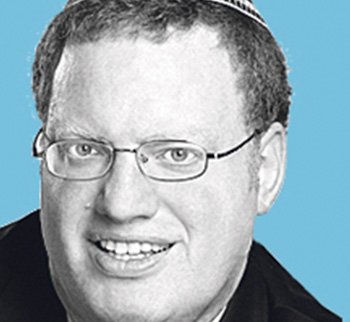I have yet to decide for myself what’s more upsetting – the Canadian Senate or FIFA, the international soccer federation. I expect little from a corrupt group of soccer executives, and very few revelations of their immoral, illegal and disdainful behaviour can surprise or shock me. What should sadden us is that no one has cared for such a long time. Billions of people eagerly await the World Cup and care little about the behind the scenes goings-on.
The world has known for years that hundreds, perhaps thousands, have died in Qatar (which, not surprisingly, was the biggest supporter of Hamas in last summer’s war), while constructing soccer facilities for the World Cup that was won with bribery. Yet, it is not at all certain that it will be stripped of the World Cup. While that would be most fitting, it would be only a first baby step in the complete overhaul needed to root out the rampant corruption that afflicts FIFA and many other international organizations.
I do expect more from the Canadian Senate – a body so august that its unelected members are entrusted to oversee and even veto decisions made by Parliament. That too many of them see this as a cushy job of great entitlement and little accountability – they are, after all, unelected, and moreover appointed for life, or at least until they reach 75 – bodes ill for all Canadians, eroding our faith in government.
But, as with most issues, there is more than meets the eye, and much is the fault of all of us. As we read more about the Senate, it has become clear that any semblance of rules was basically non-existent and enforceability of what little expectations there were was beyond their purview.
Of course, it is obvious that this is not how one should act, but how many are willing to fight to correct the culture of an institution that forms part of our national identity? How many of us turn a blind eye when we witness the unethical behaviour of others – minding our own business as good Westerners are trained to do? And how many of us adopt the practices of those around us, allowing our moral sensitivity to be dulled as we play by the “rules”?
What we know to be objectively true for others has a tendency to be much more grey and subjective when it involves us. It was not for naught that our sages advised, “Do not judge another until you are in their place.” And as my late father liked to point out, one can never be in the exact same place as someone else. And if you are, they will no longer be there. That said, we must expect and, more importantly, demand better from our leaders.
While identifying a problem is the first step in solving it, it’s never enough just to talk or write about it – though talk and write we must. Such is especially true when dealing with human morality. Our community needs to put much greater effort into teaching and modelling morality. I understand the need to honour those who donate money – and those who donate are worthy of honour – but we also need to honour those who consistently demonstrate integrity and humility who have little money to give. So doing will not fill community coffers, but it will send a much more powerful message, one that money cannot buy.
We need to learn about, to see and experience those who can inspire moral excellence in others. We all understand the importance of mentors and coaches to help in developing skills. And there is no more important skill than moral excellence. If we seek out the best coaches for the former, we owe it to ourselves, to our children and to our community to do the same for the latter.
Comments to [email protected]
